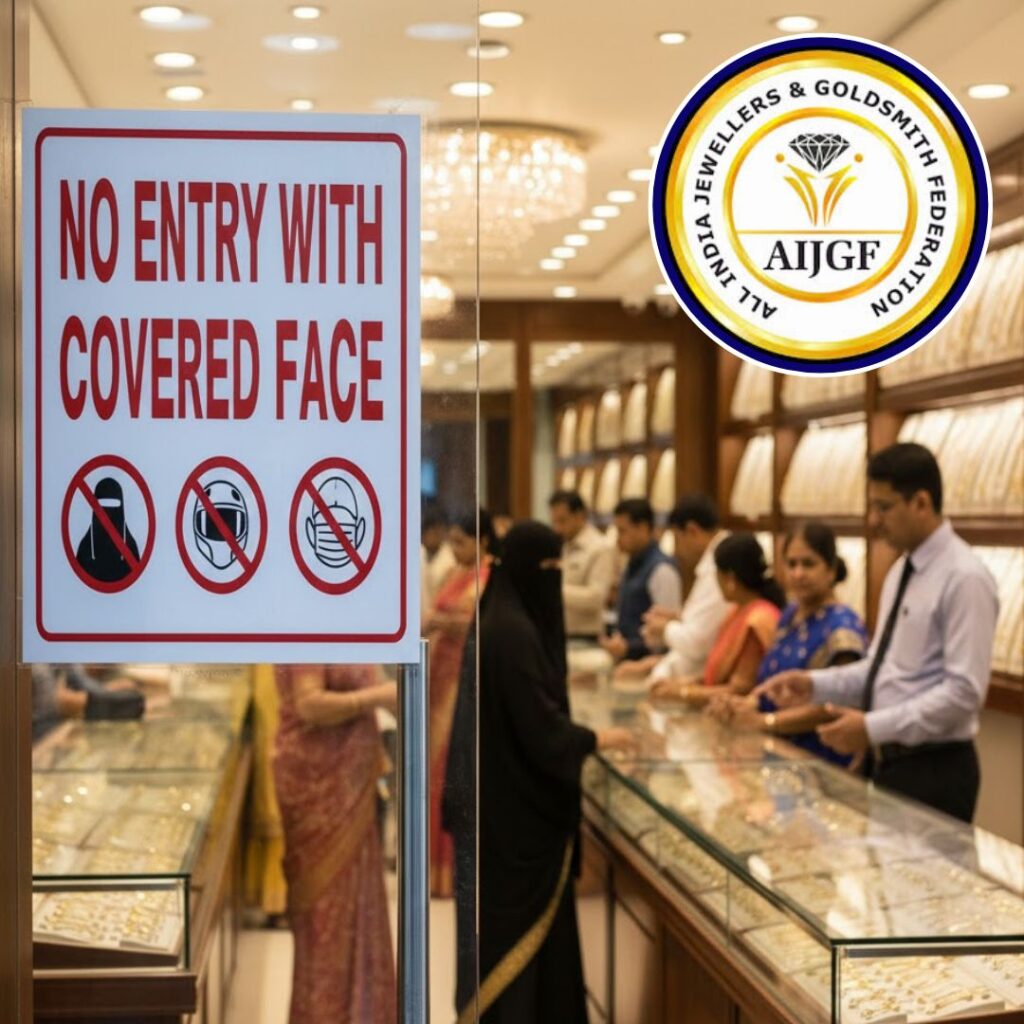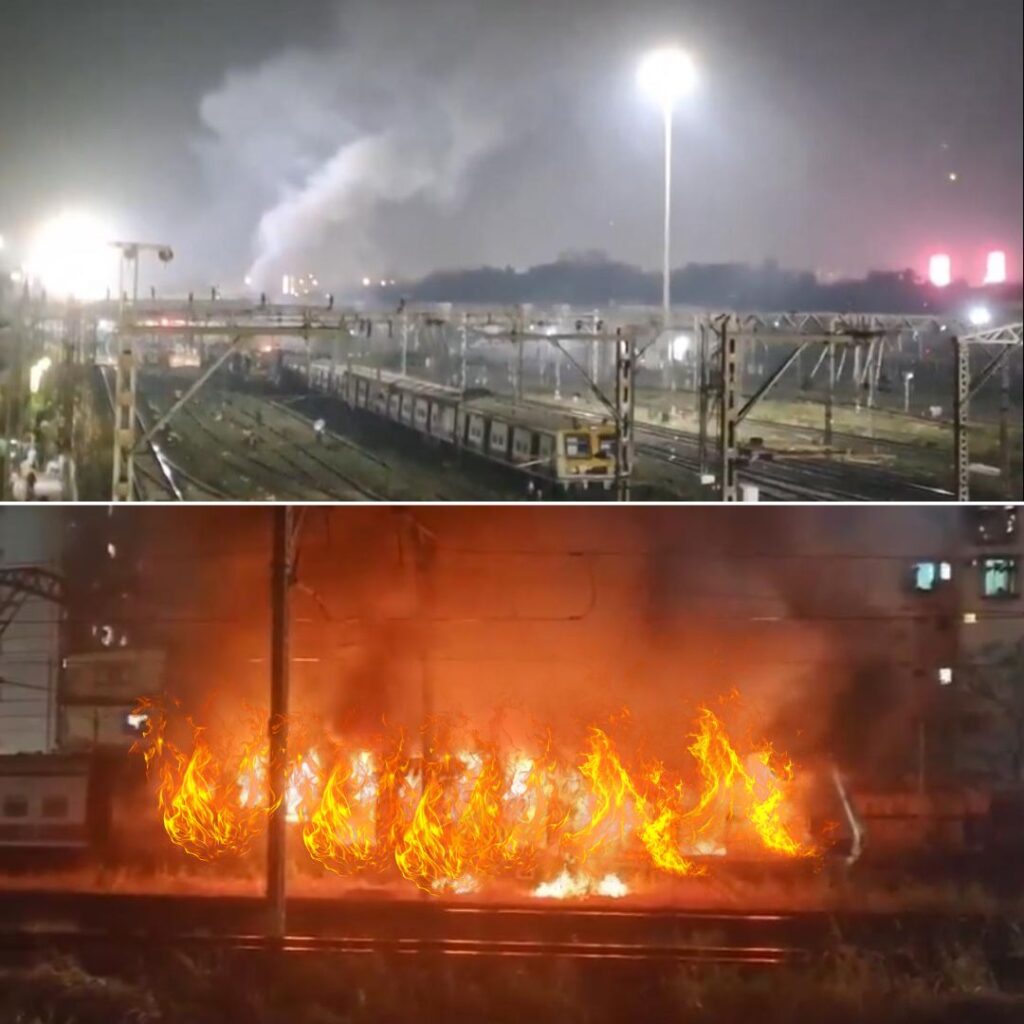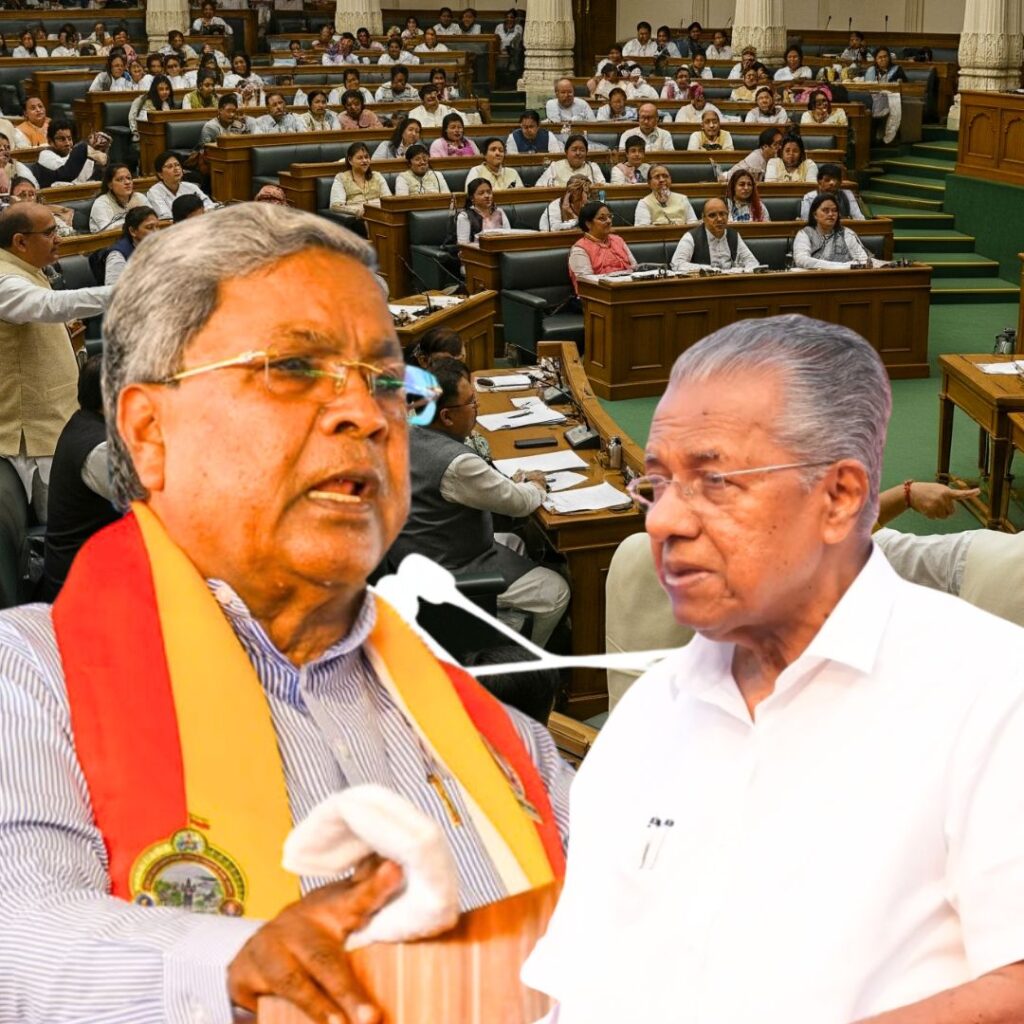In a serosurvey conducted by the Brihanmumbai Municipal Corporation (BMC) in the slum areas of Mumbai, it was found that almost 57% people had developed antibodies against the virus, compared to the 16% living in societies.
The team conducted the survey in these areas as a part of a national study to understand the spread, as these people were one of the firsts to be exposed to Sars-CoV-2. Reportedly, they had silently recovered owing to the antibodies produced.
‘The prevalence of the virus in slums is high due to densely populated areas. In non-slums (residential areas), better social distancing and maintenance of hygiene helped stop the spread to a large number of people,’ The Hindustan Times quoted Suresh Kakani, Additional Commissioner, BMC.
None of the 6,936 individuals surveyed had to undergo RT-PCR test, that remains the basic mode of detecting the infection, which implies either they were asymptomatic or did not have severe symptoms.
The study also concluded that the ratio of women was higher than men in the prevalence of antibodies. Of the 2,297 women tested in these areas, 59.3% developed antibodies, in contrast, 53.2% of 1,937 men who had developed antibodies, NewsBytes reported.
Among residential areas, it was observed that 40.5% have been exposed to the virus in Matunga, Chembur and Dahisar, with Matunga having the maximum number of cases which is in close distance to Dharavi.
Major reasons for coronavirus cases developing in slum areas are credited to the constricted places people live in that makes social distancing a task, and sharing of essential facilities like toilets. Some experts also said the report raises hopes of herd immunity and might be soon attained in slum areas.
However, Dr Srivastava while speaking to the media overruled the possibility, saying that antibodies produced in the body are temporary. ‘Antibodies stay in the body from four weeks to a few months depending on the infection. Depending on a single data set, we can’t say that we have reached herd immunity. It is not a representative sample to come to any scientific conclusion,’ Srivastava as quoted.
BMC conducted the survey in association with NITI Aayog and Tata Institute of Fundamental Research (TIFR), covering three wards including R North (Dahisar), M West (Chembur), and F North (Sion, GTB Nagar, and Matunga).
Also Read: ‘Possible Cover-Up Of COVID-19 In Wuhan, Market Was Clean Already Before Visit’: Chinese Doctor











